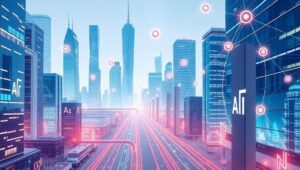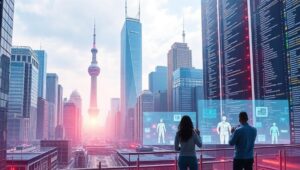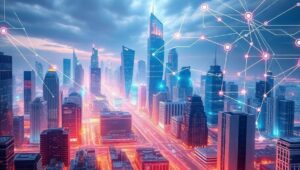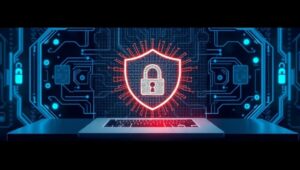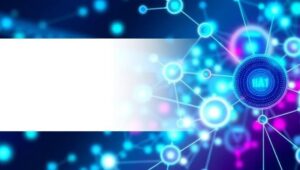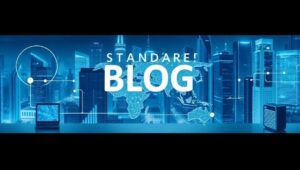June 1, 2025
The Future of IoT APIs and Service Integration (2025)
The Future of IoT APIs and Service Integration (2025) The Internet of Things (IoT) is rapidly evolving, and by 2025, the landscape of IoT APIs and service integration will be significantly different from what we see today. This article explores the key trends and developments expected in this space, providing insights for businesses and developers looking to leverage the full potential of IoT. Current State of IoT APIs and Integration Currently, IoT ecosystems are often fragmented, with devices, platforms, and services operating in silos. Integration is complex, requiring custom solutions and significant development effort. APIs are often proprietary, limiting interoperability
